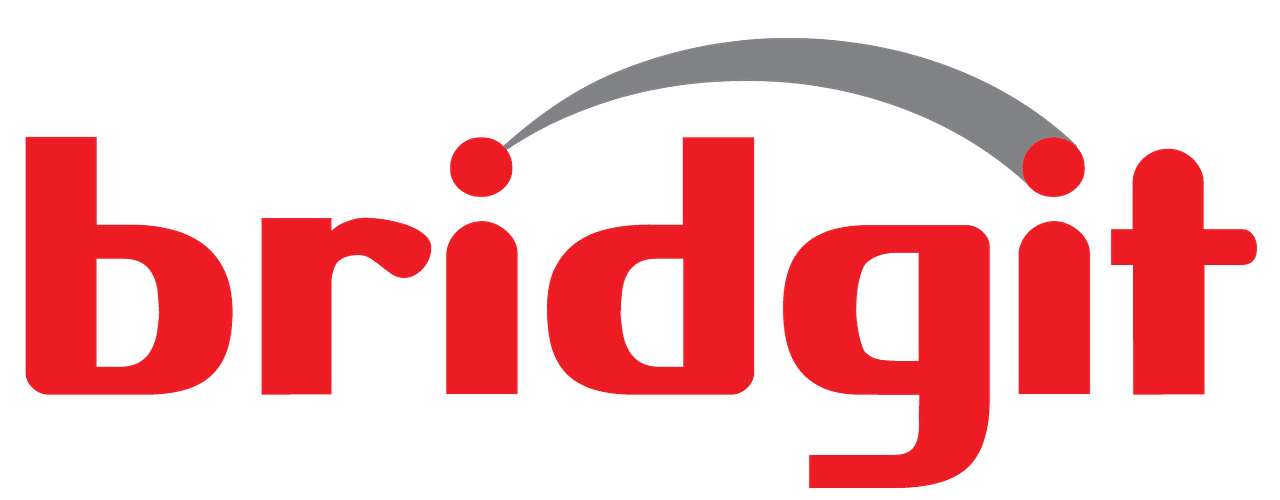COURSE OVERVIEW
Effective communication is a critical power skill that can enhance professional success and collaboration. Training in this area can significantly improve an individual’s ability to convey ideas, build relationships, and navigate various workplace scenarios
This training program aims to equip participants with the skills needed to communicate effectively in a variety of workplace situations. It emphasizes both verbal and nonverbal communication, interpersonal skills, and the ability to adapt to different audiences and contexts You will gain practical experience initiating and responding to various forms of communication. You will learn to handle situations based on a flexible, genuine and self-confident approach. You will also gain the skills to collaborate with others and hone your communications toolkit.
TARGET AUDIENCE
- Executives
- Senior Executives
- Managers
- Senior Managers
- HR Management
DELIVERY METHODOLOGY
- Presentations and Lectures 30%
- Group Discussions 30%
- Group Exercises 40%
LEARNING OUTCOME
- Gain greater understanding of the importance of communication.
- Understand the different forms of communication.
- Ability to deal with Negative communications
- Develop clear verbal communication and enhanced non-verbal communication
- Navigate conflicts with success
- Increased confidence
COURSE OUTLINE
- The importance of Effective Communication
- Learning the different communication styles
- Sharpening your communication skills to improve clarity and conciseness
- Choosing the best medium for your message: meetings, conversations, e-mail, phone, print
- The difference between verbal and non-verbal communication
- Listening more effectively by employing proven techniques
- Read the “emotional content” accompanying messages
- Building greater relationship skills that emphasize trust and respect
- Asking more powerful questions
- Giving more effective Feedback
- Conflict Resolution and Difficult Conversations
- Cultural Competence in Communication
- Storytelling for Impact
- Feedback and Constructive Criticism
- Developing and maintaining open channels of communications



